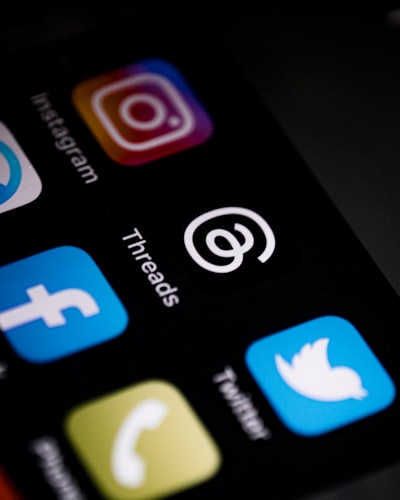What if, in the endless scroll of our social media feeds, we are not only witnessing the best and brightest moments of humanity—but also serving as silent observers to its darkest impulses? The rise of the so-called 'Twitter killer' serves as a chilling reminder that, like any great societal invention, technology is neutral until touched by human intent.
Historically, every new form of communication—from the printing press to the telephone—has faced fears about its potential for misuse. Yet the interactivity, anonymity, and immediacy of today's platforms create a unique breeding ground for phenomena previously unthinkable. It raises the unnerving question: Does simply making connection easier also make exploitation easier, in ways we can't anticipate?
But consider this: For every story of horror born in the shadows of cyberspace, there are countless stories of kindness, support, and connection. Perhaps what is truly surprising is not that darkness finds a way online, but that so often the light does too.
So as we engage in the digital agora, should we be more vigilant about how these platforms can twist—or transform—our most basic human drives? Are we, as a society, equipped to manage the new ethical dilemmas emerging at the intersection of psychology, technology, and loneliness?
Maybe the real test of our times lies not in the platforms themselves, but in our collective willingness to reckon with the questions they raise.
This article was inspired by the headline: 'Japan executes 'Twitter killer' who murdered and dismembered nine people'.

Comments
No comments yet. Be the first to comment!